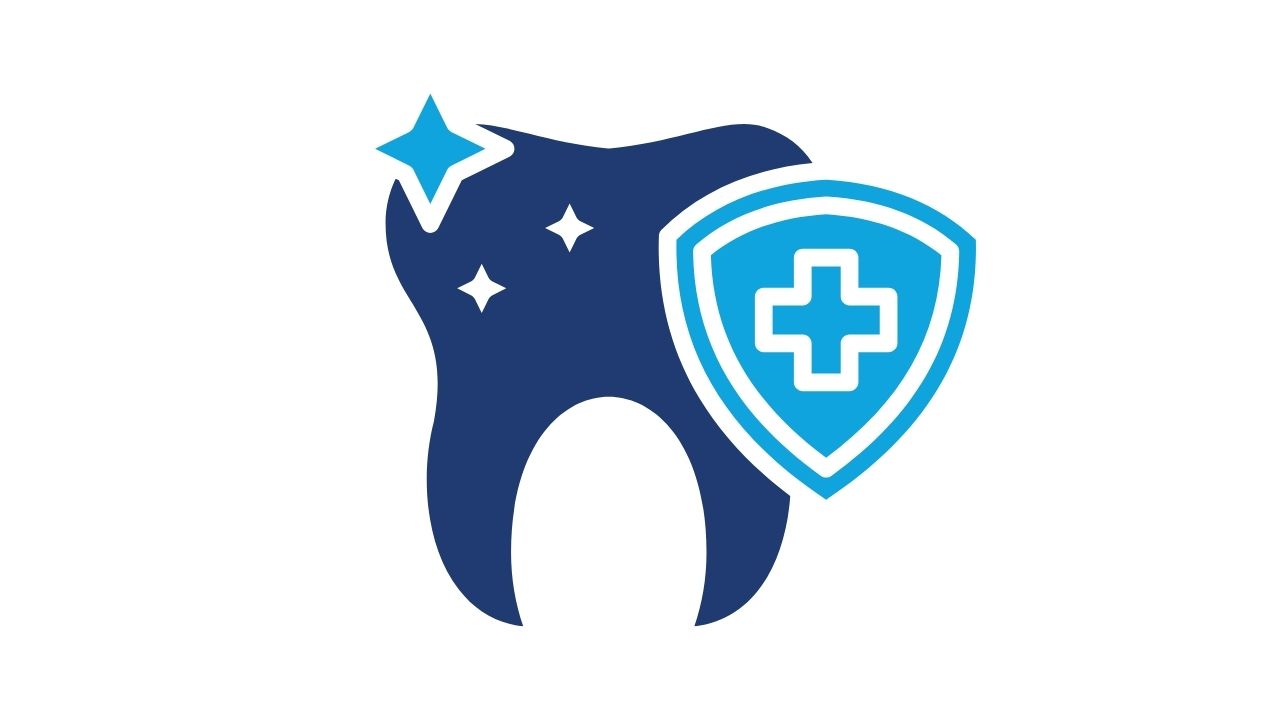Affordable Dental Insurance for Seniors
For seniors, maintaining good oral health is crucial for overall well-being. However, the cost of dental care can be a significant financial burden. Affordable dental insurance plans are available to help seniors protect their smiles and save money on treatments.
This comprehensive guide provides a detailed overview of affordable dental insurance options for seniors, including Medicare, Medicaid, and private insurance plans. We’ll explore the coverage, costs, and eligibility requirements of each option, empowering you to make an informed decision that meets your needs.
Medicare and Dental Coverage
Medicare is a government-funded health insurance program for individuals aged 65 and older, or those with certain disabilities. Traditional Medicare (Part A and Part B) does not cover routine dental care, such as cleanings, fillings, and crowns.
Medicare Advantage (Part C)
Medicare Advantage plans are private insurance plans that provide Medicare benefits, including supplemental dental coverage. These plans typically offer a wider range of dental services than traditional Medicare, such as:
- Routine exams and cleanings
- Fillings
- Extractions
- Dentures
The cost of Medicare Advantage plans varies depending on the plan and provider. You may also need to pay deductibles and copayments for dental services.
Medicaid and Dental Coverage
Medicaid is a government-funded health insurance program for low-income individuals and families. Medicaid coverage for dental services varies by state. Some states offer comprehensive dental coverage, while others provide limited coverage.
To qualify for Medicaid, you must meet certain income and resource eligibility requirements. If you are approved for Medicaid, you will receive a Medicaid card that you can use to access dental services.
Private Dental Insurance
Private dental insurance plans are available through insurers and employers. These plans offer a range of coverage options, including:
- Preventive care: Exams, cleanings, and fluoride treatments
- Basic services: Fillings, extractions, and root canals
- Major services: Crowns, bridges, and dentures
The cost of private dental insurance varies depending on the plan, the coverage level, and the insurer. You may also need to pay deductibles and copayments for dental services.
Choosing the Right Plan
When choosing an affordable dental insurance plan, consider the following factors:
- Coverage: Determine the types of dental services you need covered.
- Cost: Compare the premiums, deductibles, and copayments of different plans.
- Eligibility: Check the eligibility requirements for each plan. Some plans are only available to certain age groups or income levels.
- Provider network: Ensure the plan provides access to dental providers in your area.
Tips for Saving Money
- Use dental discount plans: These plans offer discounts on dental services without the need for insurance.
- Negotiate with dentists: Some dentists may be willing to offer discounts for seniors or those paying cash.
- Enroll in dental schools: Dental hygiene students often provide discounted services as part of their training.
- Take advantage of free or low-cost dental clinics: Many community health centers and non-profit organizations offer free or low-cost dental care to seniors.
Conclusion
Affordable dental insurance is essential for seniors to maintain good oral health and prevent costly dental treatments. Medicare, Medicaid, and private insurance plans offer various coverage options and costs. By carefully comparing plans and considering the tips provided above, seniors can find an affordable dental insurance solution that meets their needs and protects their smiles.
FAQs on Affordable Dental Insurance for Seniors
1. What types of dental insurance plans are available for seniors?
- Dental PPO (Preferred Provider Organization)
- Dental HMO (Health Maintenance Organization)
- Dental Indemnity Plans
2. How much does dental insurance cost for seniors?
- Premiums vary depending on the plan, coverage, and provider, but typically range from $20 to $100 per month.
3. What services are typically covered by dental insurance for seniors?
- Preventive care (cleanings, exams, X-rays)
- Basic restorative services (fillings, root canals)
- Major procedures (dentures, bridges, implants)
4. Is there an age limit for dental insurance coverage?
- No, there is typically no age limit for dental insurance coverage for seniors.
5. What are the benefits of having dental insurance for seniors?
- Helps cover the cost of dental care
- Provides access to preventive care, which can prevent costly problems later
- Reduces the financial burden of unexpected dental expenses
6. How can seniors find affordable dental insurance plans?
- Compare plans from different providers
- Look for plans with low premiums and copayments
- Consider joining group plans through AARP or other organizations
7. What is the Medicaid Elderly and Disabled Dental Benefit Program?
- A government program that provides limited dental coverage to low-income seniors and adults with disabilities.
8. Can seniors use their Medicare coverage for dental care?
- Medicare generally does not cover dental care, but some Medicare Advantage plans may include limited dental benefits.
9. What is the importance of oral health for seniors?
- Good oral health supports overall health and well-being, prevents pain and discomfort, and improves quality of life.
10. What can seniors do to promote good oral hygiene?
- Brush and floss regularly
- Visit the dentist for regular checkups and cleanings
- Avoid sugary foods and drinks
- Quit smoking

Ammy Bach